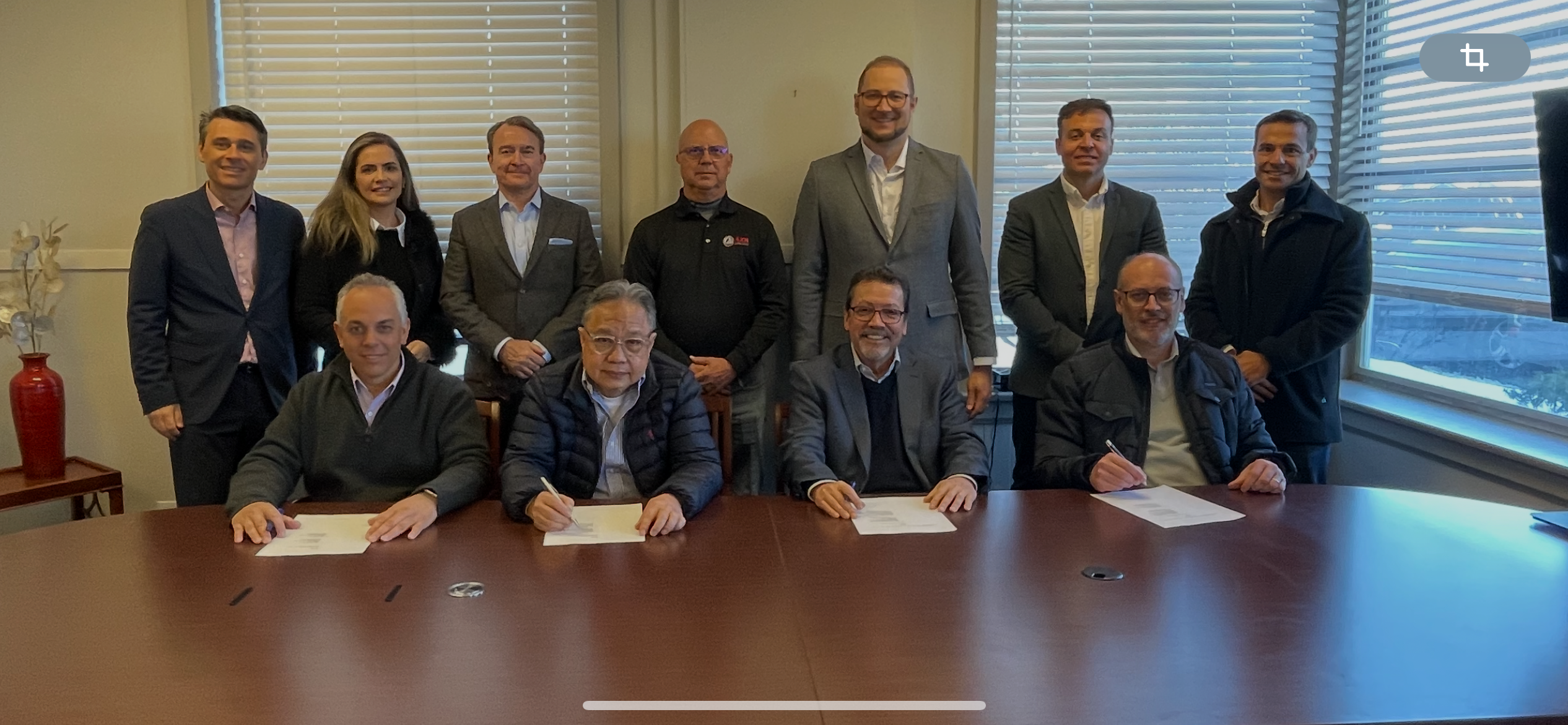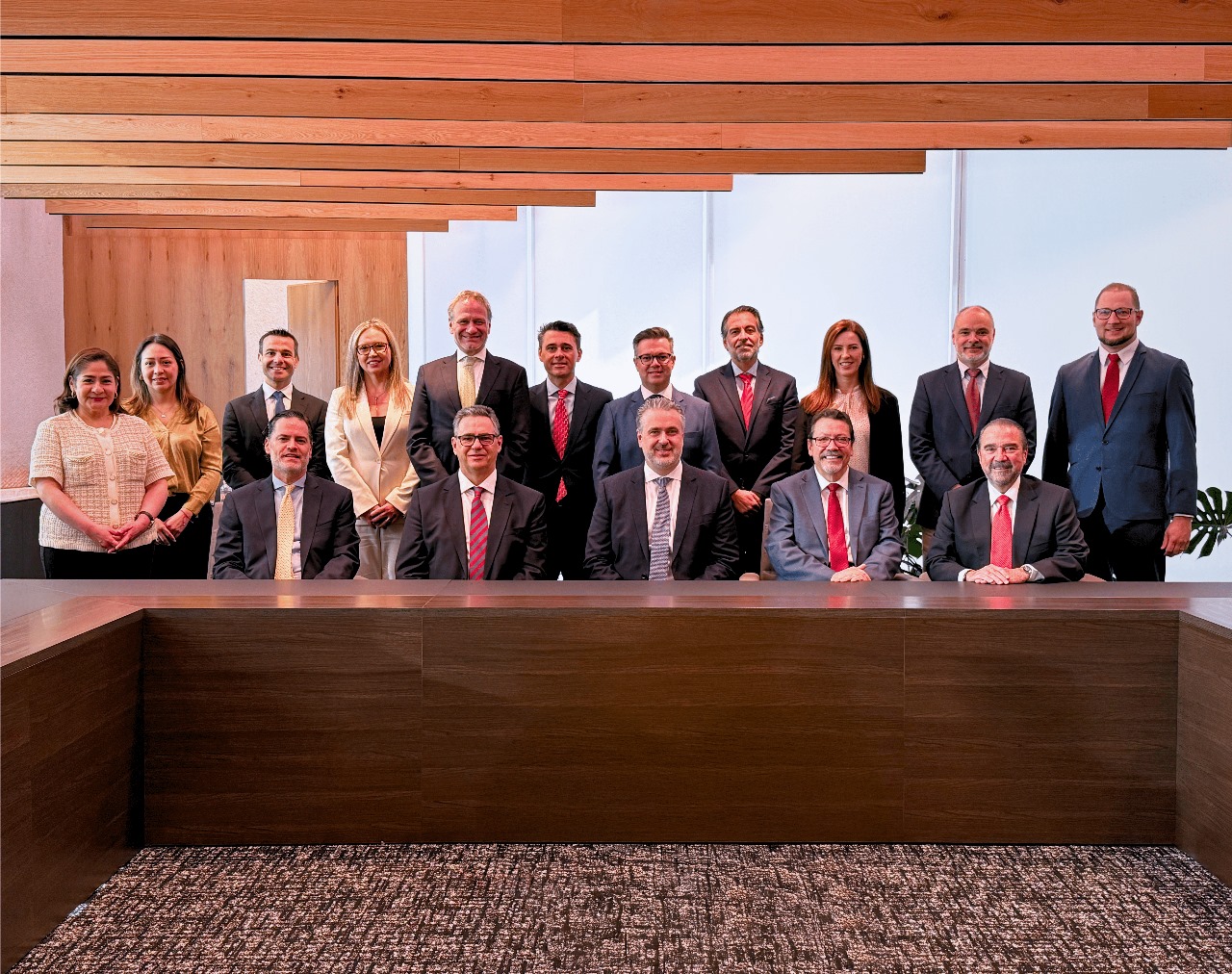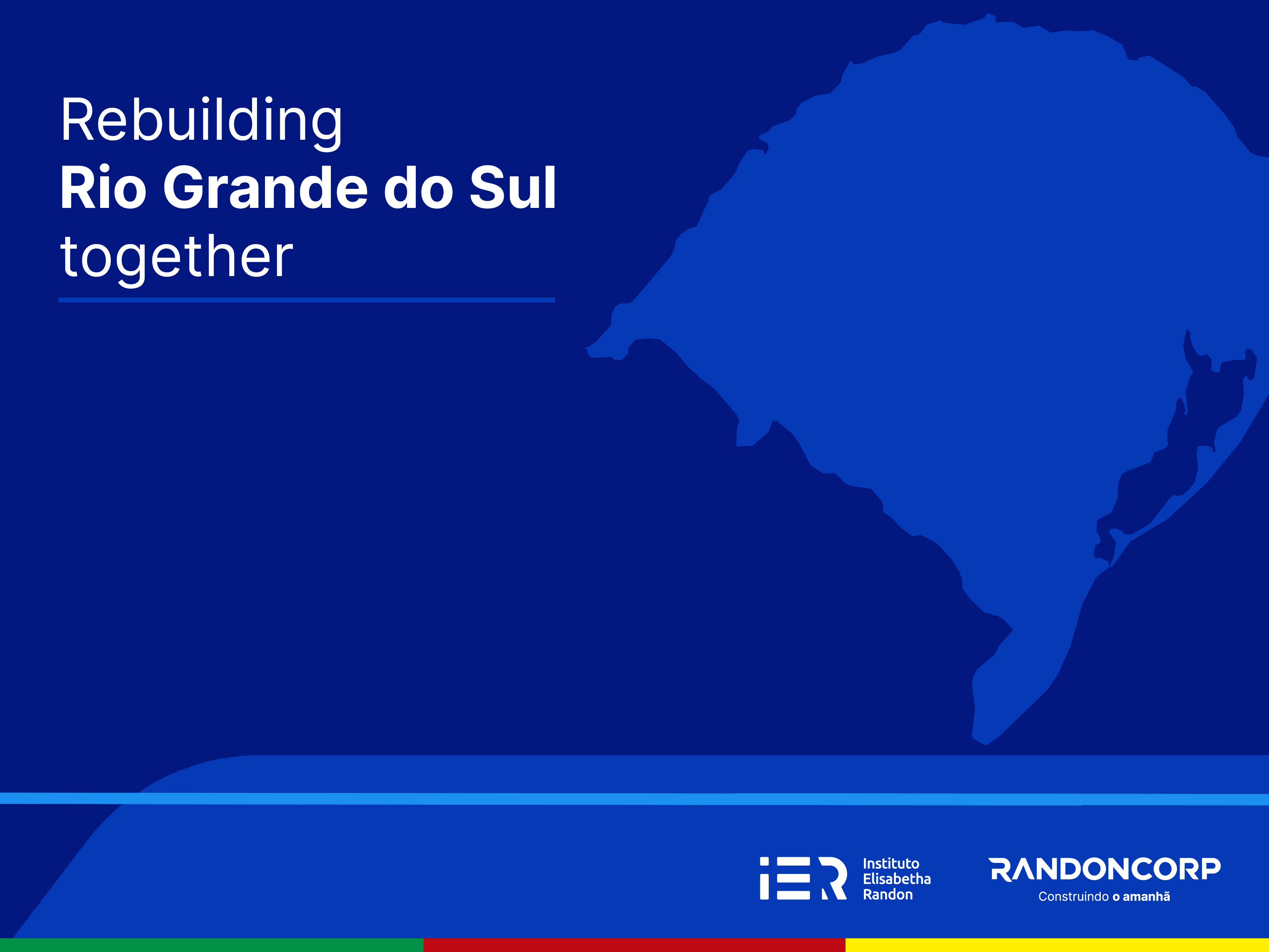The performance of Randon Companies during the first quarter of the year resulted in net revenue growth, which reached R$ 1.2 billion, 3% higher than in the first quarter of 2019. In line with this advance, there is the evolution of gross revenue, 2% higher than the same period of the previous year, totaling R$ 1.7 billion. In addition, the company achieved consolidated EBITDA of R$ 107 million, with an EBITDA margin of 9.2%, and adjusted EBITDA of R$ 150 million, with an adjusted EBITDA margin of 12.6%.
The positive results of Randon Companies have two main motivations. The company maintains a robust cash position, an important tool to address the high degree of uncertainty in the business environment. Additionally, the company has further intensified efforts in actions to preserve finances, such as the review of budget planning for the year. Another characteristic that contributed to the organization's performance in the first quarter of the year was the diversification of the company's business, considering the products offered, the client portfolio and the sectors served, which allows the use of opportunities in more favorable markets, such as agribusiness, which represents more than 70% of the order book of the company's automaker division.
"The company's cash management is a right model that we have been following in recent years. Undoubtedly, it is a factor that contributed to the positive performance of the organization in the first months of 2020. In addition, acting in a solid way in different segments has made us more resilient and prepared to face and reduce the impacts of volatility in the current scenario," points out the CFO of Randon Companies, Paulo Prignolato.
Although, from the financial aspect, Covid-19 registered a low impact for the company in the first quarter of 2020, a new social and economic scenario is already present. According to the CEO of Randon Companies, Daniel Randon, it is in extreme situations like this that the guiding principles of a company become more evident. "In our case, we have two primary focuses: the preservation of the health of employees and the population and the sustainability of the local and global economy. In this sense, we have a committee that monitors the scenario of the pandemic in Brazil and in the world so that decision-making is effective and agile. In addition, as in other challenging moments, we are able to accelerate important changes in the organization, such as digital transformation, efficiency gains and synergy in processes, even seeking the growth of new business fronts", he stresses.
Measures taken to minimize the impacts of Covid-19
Since the beginning of the Covid-19 outbreak, Randon has adopted several measures to protect the health of its employees and family members, ensure the continuity of operations and contribute to the functioning of the local and global economy. The company paralyzed its operations for 20 days, implemented actions such as collective and individual vacations, flexible working hours, home office, in addition to prevention initiatives such as measuring the temperature of employees in the accesses to the company, use of sprayers and other resources of hygiene and assembly of screening stations in the units to attend and clarify doubts.
The company is also engaged in supporting the community and, for this, has already made donations of PPEs to the hospital network of Caxias do Sul and inputs for the production of respirators and alcohol gel, signed a partnership in the manufacture of facial protection masks, aimed at health and safety professionals working in the fight against the new Coronavirus, distributed 50,000 bottles of alcohol gel to truckers on brazilian roads and made donations for the purchase of respirators.
Randon Companies are attentive to the best practices adopted in the world, with the objective of mitigating the impacts of Covid-19 and, mainly, to continue with the commitment to preserve the health of employees and the entire community.
Sustainability Report
Randon Companies also present to the market the Sustainability Report 2019, a publication that highlights the initiatives with the social, environmental and economic impacts carried out over the past year by the company. The report can be accessed in full through the company website.
External market
The months of January and February 2020 showed a slight recovery of some markets, making room for price recomposition and new negotiations. However, in the second half of March, sales declined. The division most impacted by this scenario is the automaker, due to the characteristic of its product. Despite lower demand, the appreciation of the dollar allowed export revenues to ensure sustainable sales margins, even with a lower level of volumes.
Investments
In the first quarter of 2020, R$ 90.1 million were invested, of which R$ 29.6 million were allocated to organic investments and R$ 60.5 million were in capital payment at Banco Randon and Randon Ventures, a startup investment company, which intends to expand innovation practices, focusing on new technologies that have a connection with the company's business in the logistics segments financial services, insurance and mobility.
Auto Parts
Truck production showed a first quarter with volume stability compared to the first quarter of 2019. Even with the effects of the pandemic already reverberating throughout Brazil, and with many companies granting collective vacations during the second half of March, most automakers chose to make this move during the month of April. As a result, the volumes of trucks produced in the quarter had virtually no effects resulting from this new scenario and remained stable compared to the same period of the previous year.
Vehicles and Implements
The Brazilian market for road implements started the year 2020 heated, resulting from sales still made at Fenatran and reinforced by the growth prospects of the country. However, the effect of the pandemic on business intensified in March, making this, which was supposed to be the best month of the quarter, the weakest. In the quarterly comparison, this effect is observed.






